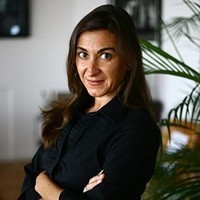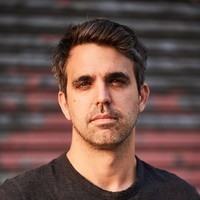Ariel Levy is a staff writer at The New Yorker.
"I like an older awesome lady, I don't think enough is written about older awesome ladies and I don't think there are enough role models for younger awesome ladies. It’s great fun hanging out with an older awesome lady. It’s inspiring. And it makes you think 'Jesus, I might be rocking it when I’m 80!'"
Thanks to TinyLetter and ProFlowers for sponsoring this week's episode.








